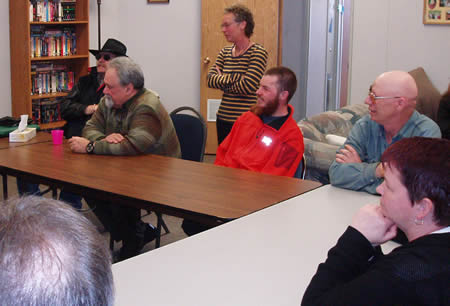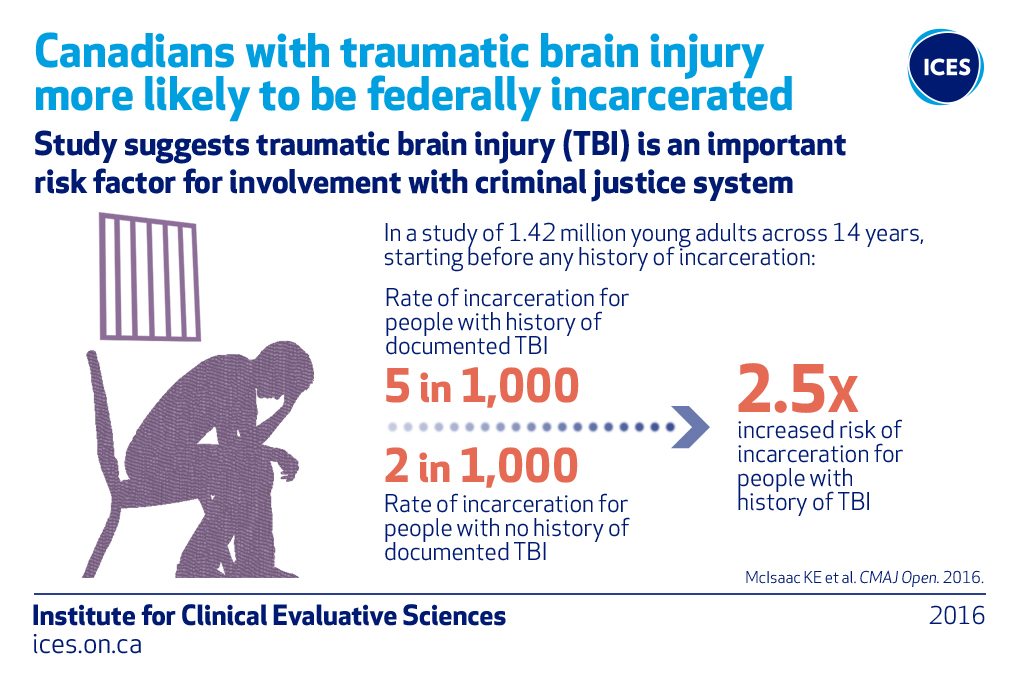The primary work of community brain injury associations involves assisting people with a brain injury to learn how to live with the changes and challenges faced after injury. Community brain injury associations in BC have created innovative community based rehabilitative programs and services.
Brain Injury Associations are a critical link in the continuum of care. They provide service innovation, increased public health, and reductions in demand for emergency services by persons with a brain injury.
Here are a few of the programs made possible with Brain Injury Alliance funding:
Case Management/Individual Support
“An older couple came in (after) the husband had received a brain injury. Their insurance company was slow to pay and they were without income. Their home was to be sold to cover costs. We helped them access various programs, so they did not lose their home and got help pressing their insurance claim.”
Kamloops Brain Injury
Community brain injury associations provide services to any person living with an acquired brain injury. Non-profit brain injury associations serve people from all walks of life regardless of funding sources. Services are designed to educate, improve function and independence.
Although service delivery and the range of available services change as an individual regains skills and rebuilds their life, services are not time-limited. Services are typically centered on a case management model.
These interventions may help prevent many situations from requiring emergency medical or psychiatric services incarceration, and/or homelessness.
Services include but are not limited to:
- brain injury education/ coping with the effects of injury (survivor, family, employer, community),
- help applying for pensions or other financial assistance,
- obtaining and retaining housing,
- obtaining medical care,
- exploring employment and education opportunities,
- accessing other important community supports and services
Remote case management involves the use of technology to deliver flexible and adaptable services in order to meet the diverse needs of people who are geographically isolated from services.
This funding allowed for the Northern Brain Injury Association (NBIA) to provide case management services in over twenty-five (25) communities in northern BC.
NBIA
Professional Counselling
The research indicates that in excess of 20% of individuals who sustain a traumatic brain injury develop mental health disorders, particularly depression and PTSD(( Nada Andelic, Solrun Sigurdardottir, Anne-Kristine Schanke, Leiv Sandvik, Unni Sveen & Cecilie Roe (2010) Disability, physical health and mental health 1 year after traumatic brain injury, Disability and Rehabilitation, 32:13, 1122-1131, DOI: 10.3109/09638280903410722)). According to a 2016 study in Toronto, Ontario, 53% of homeless individuals live with brain injury. The vast majority (77%) were injured prior to becoming homeless.(( Stephen W. Hwang.Angela Colantonio, Shirley Chau, George Tolomiczenko, Alex Kiss, Laura Cowan, Donald A. Redelmeier, Wendy Levinson (2016) Traumatic Brain Injury in the Homeless Population: A Toronto Study https://www.homelesshub.ca/resource/26-traumatic-brain-injury-homeless-population-toronto-study))
Community Engagement
Brain injury organizations support people with system navigation to access the resources they need for complex issues such as housing, mental health, etc. through collaboration with other organizations and stakeholders.
Group Services
 In addition to one to one service, primarily case management, all of the community brain injury programs provide multiple services in a group format.
In addition to one to one service, primarily case management, all of the community brain injury programs provide multiple services in a group format.
Many programs have found that the primary goal for new clients is a desire to learn about their injury, to find out if there is anything that can be done to minimize symptoms and to learn strategies to cope with the long term effects of the injury.
These programs provide the linkages that make it possible to rebuild skills to get back into the community. These programs hold people together during the hard work of rebuilding a life after a traumatic and life changing event.
Small groups provide the benefit of peer support to both the supporter and other clients, while increasing efficiency and providing cost containment.
Group/peer support programs can also provide support for organization staff working in multiple programs with large caseloads.
Some group programs include therapeutic yoga/karate, cooking, photography, art/ music therapy, gardening, stained glass, writing, and outings. Participation in these group programs are the first steps in building confidence, community involvement, volunteerism, and independence. These programs are well-supported by the community (artists, musicians, universities/colleges as well as local stores and businesses).
The Alliance is proud to provide some of the funding, particularly for staff costs, so that Alliance member agencies can continue with these vital programs. Often it is these programs that remind the people that we serve that life is good, even after brain injury.
Brain Injury Services in Corrections
 In 2013, the Prince George Brain Injured Group Society did a cross-sectional study of the prevalence of brain injury at the Prince George Regional Corrections Centre.
In 2013, the Prince George Brain Injured Group Society did a cross-sectional study of the prevalence of brain injury at the Prince George Regional Corrections Centre.
Of 254 inmates, 58 agreed to participate, of which 86.2% reported at least one traumatic head injury during their lifetime. The prevalence of possible traumatic brain injury in this same population is 74.1%.((Traumatic Brain Injury in a Northern British Columbia Correctional Center, Prince George Brain Injured Group, 2013))
According to the 2016 study, “Association between traumatic brain injury and Incarceration: a Population-based Cohort Study”, having a history of traumatic brain injury increases the risk of involvement with the criminal justice system by 2.5x.((Kathryn E. McIsaac, Andrea Moser, Rahim Moineddin, Leslie Anne Keown, Geoff Wilton, Lynn A. Stewart, Angela Colantonio, Avery B. Nathens, and Flora I. Matheson, Association between traumatic brain injury and incarceration: a population-based cohort study, cmajo 4:E746-E753; published online December 8, 2016, doi:10.9778/cmajo.20160072))
In response to increased awareness of the connection between brain injury and involvement with the justice system, the first corrections based brain injury education program in Canada was developed by the Prince George Brain Injured Group in 2015.
This innovative 2017 Public Service Award winning program has since been shared with community brain injury organizations province wide. As a result, this project has helped increase services for incarcerated people with brain injuries across BC.
The Corrections Integrated Brain Injury Services at the Prince George Regional Correctional Centre provides the following:
- understanding past life choices, and how to move forward successfully,
- educates in-custody corrections staff about the effects of brain effects,
- strategies to improve communication and reduce misunderstandings,
- return to community planning support.
Corrections staff state that education about brain injury gives them greater confidence, respect, prevents situation escalation, and improves staff and inmate safety. Inmates describe it as life changing.
